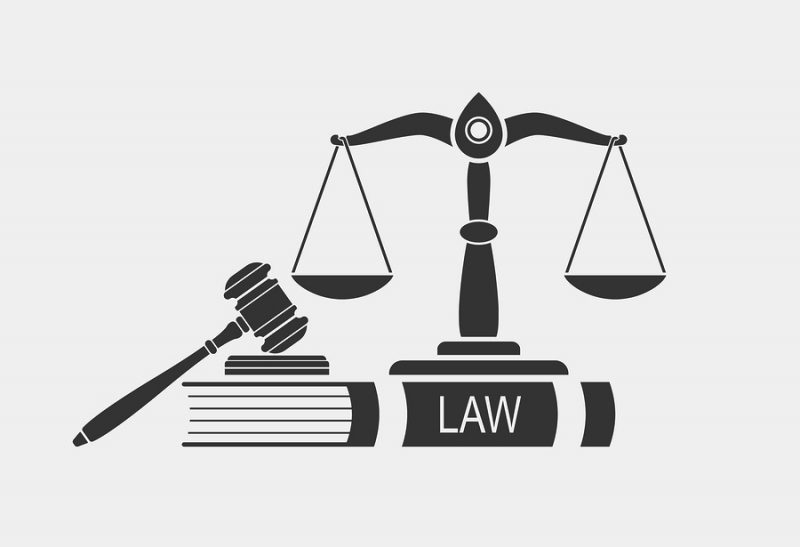

1. Article 72 of Law 4908/2022 amends Article 187 of the Penal Code which deals with organised crime. Specifically, it a) in the second subparagraph of paragraph 3, adds a reference to offences against the legal goods of personal freedom and property, and b) adds paragraph 6, removing the possibility that sentences may be suspended or converted for criminal offences related to the specific article, and removing the suspensory effect of any appeal.
According to the document that has been posted on the website of the Parliament in the field Explanatory Memorandum & Other Accompanying Reports (see pp. 68-69 and 103), the addition of offences against personal liberty and property was done on the basis that the specific nature of the type of offences associated with organised crime may “pose a significant risk to public safety and social peace.” Similarly, the reason given for the removal of the possibility of converting or suspending such sentences was to prevent the perpetration of such acts, and optimising public safety and social peace.
(a) these amendments may violate or jeopardise fundamental concepts and principles of criminal law, such as the presumption of innocence and the principle of proportionality;
(b) it unjustifiably extends the content of Article 187 and increases the severity of penalties;
(c) it reinforces the “dangerous” notion of a “dangerous perpetrator”;
(d) deprives perpetrators of the possibility of remorse and reintegration; and
(e) has been put to the vote without prior consultation or by way of a preparatory committee.
The Greek Bar Association also made the following comments in their announcements of 24-3-2022 and 2-4-2022:
(the article was introduced for voting as Article 68 in the section entitled ‘Other Provisions’, however it did not form part of the bill when it was put to consultation, (which, according to the Regulatory Impact Analysis, occurred between 8.11.2021 and 22.11.2021,) nor could we find another bill containing the provision that had been put to consultation.)
(c) they consider it inconceivable for a state governed by the rule of law not to allow the suspension or conversion of sentences, or for the suspensory effect of appeal to be denied, especially in the case of a conviction for a misdemeanour. This is because such practices restrict the rights of the accused, crush the presumption of innocence and violate the principle of proportionality. They also limit and challenge the freedom and ability of the judge to sentence freely as they see fit.
Concerns were also raised about the effects that these provisions may have on the right to a fair trial as well their implications for the principle of the separation of powers. More broadly, concerns abound regarding the purpose that these provisions may serve (for more on this see 1, 2, 3).
An essential element of a state governed by the rule of law is for criminal law to maintain a balance between the rights of the accused on the one hand, and public safety and social peace on the other.
The legislating body must respect both the rights of the accused and the general principles and values of criminal law when establishing or amending legislation.
In this case, the amendment of Article 187 of the Penal Code was the subject of intense criticism, both with regard to the content and to the way in which it was introduced – i.e. in a manner that failed to comply with the rules of good legislation. This is because, once again, the provisions of criminal law have been changed in a seemingly fragmentary and sudden manner, without a public consultation process. Furthermore, the content of the amendment seems to contradict and violate both the rights of the accused and certain principles of criminal law, such as the presumption of innocence and the principle of proportionality.
Bank Account number: 1100 0232 0016 560
IBAN: GR56 0140 1100 1100 0232 0016 560
BIC: CRBAGRAA
![]()
In a time where the very foundations of democracy are gradually being eroded by the rise of extreme nationalism, alt-right movements, the spread of disinformation and corporate capture, the efforts of organisations such as Vouliwatch are more relevant than ever.
We rely on the generosity of each and every one of you to continue with our efforts for more transparency and accounta
By financially supporting Vouliwatch you support our litigation strategy, our campaigns for transparency and accountability in the political system, the development of new civic tech tools, our research projects and last but not least our impartial and accurate